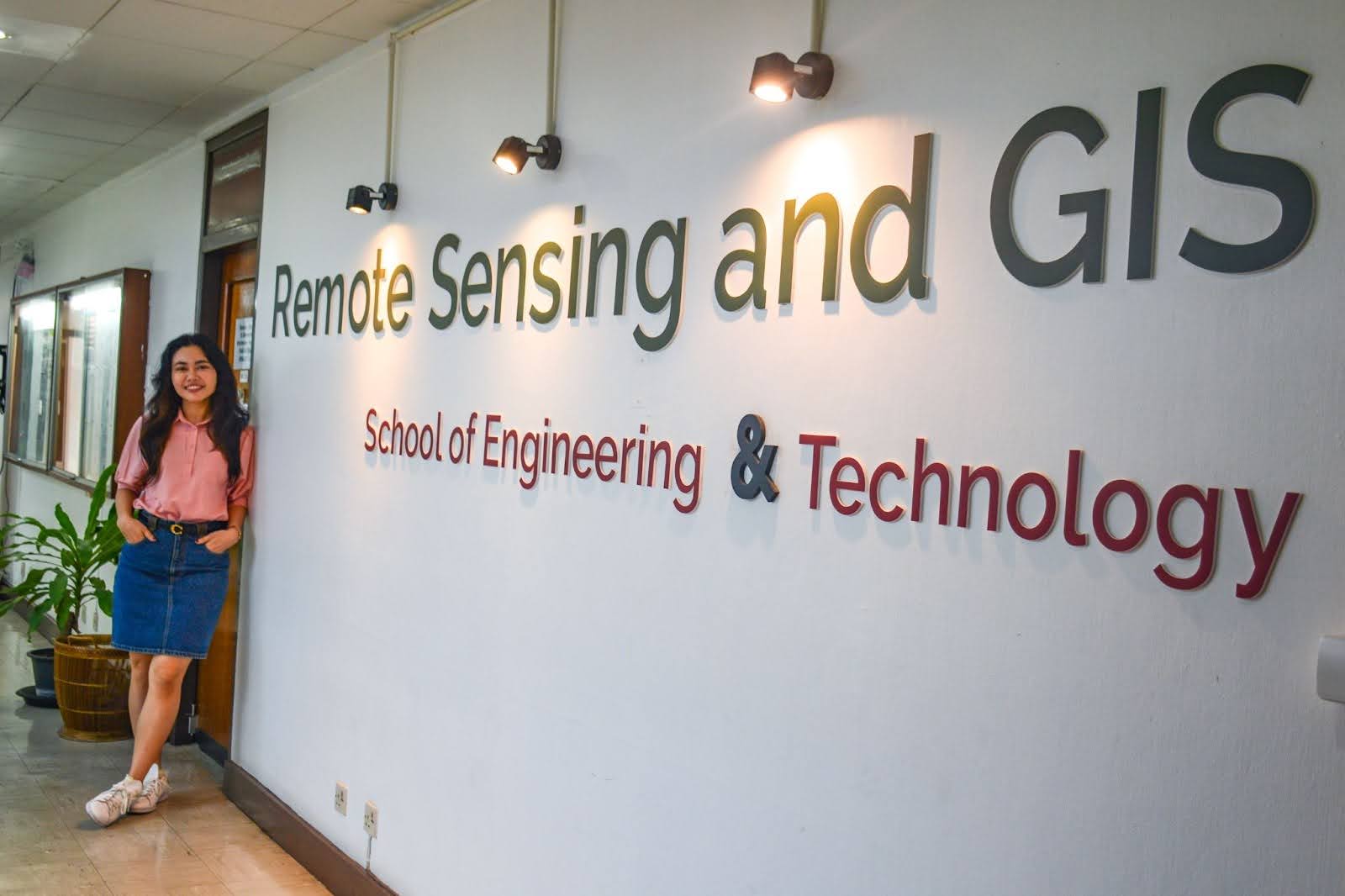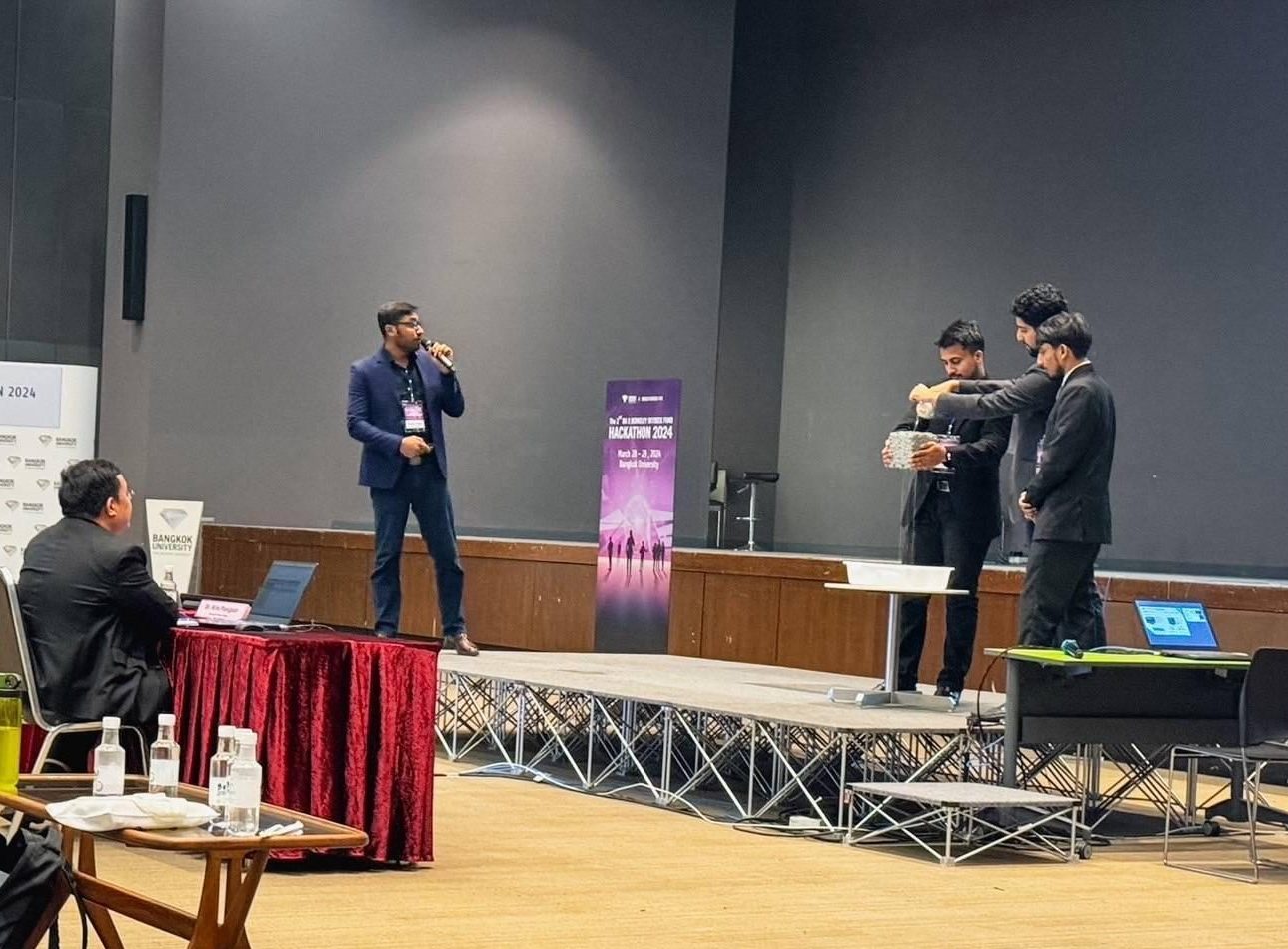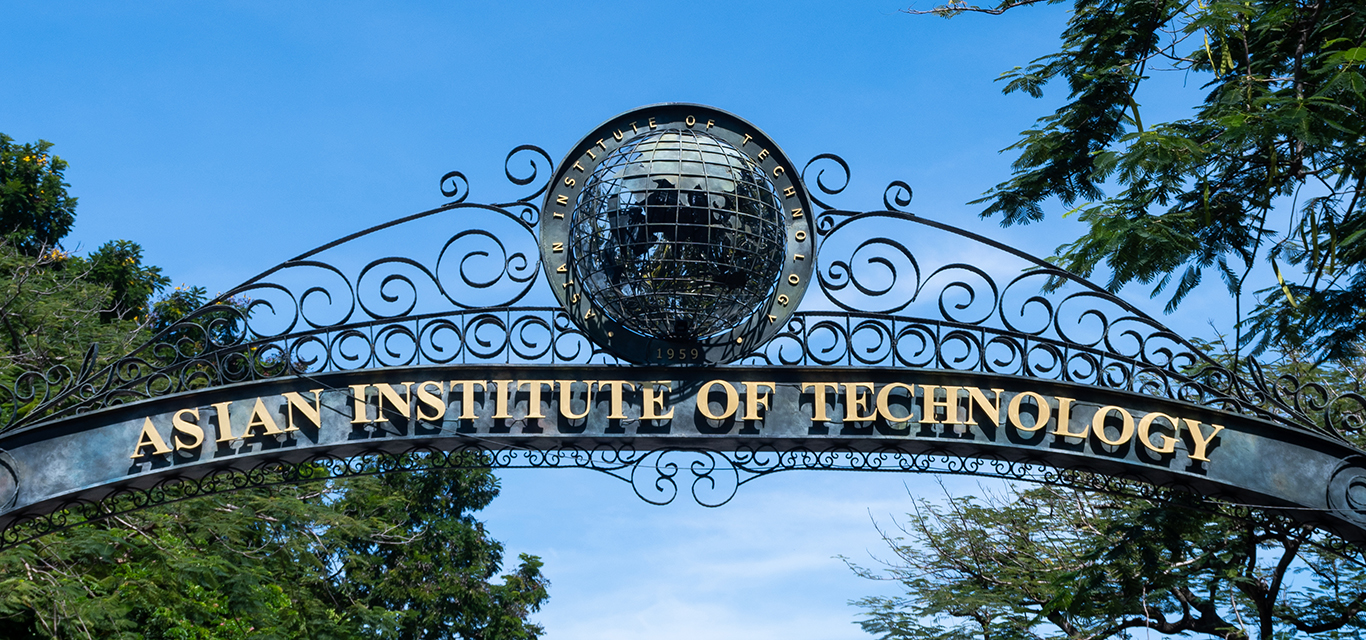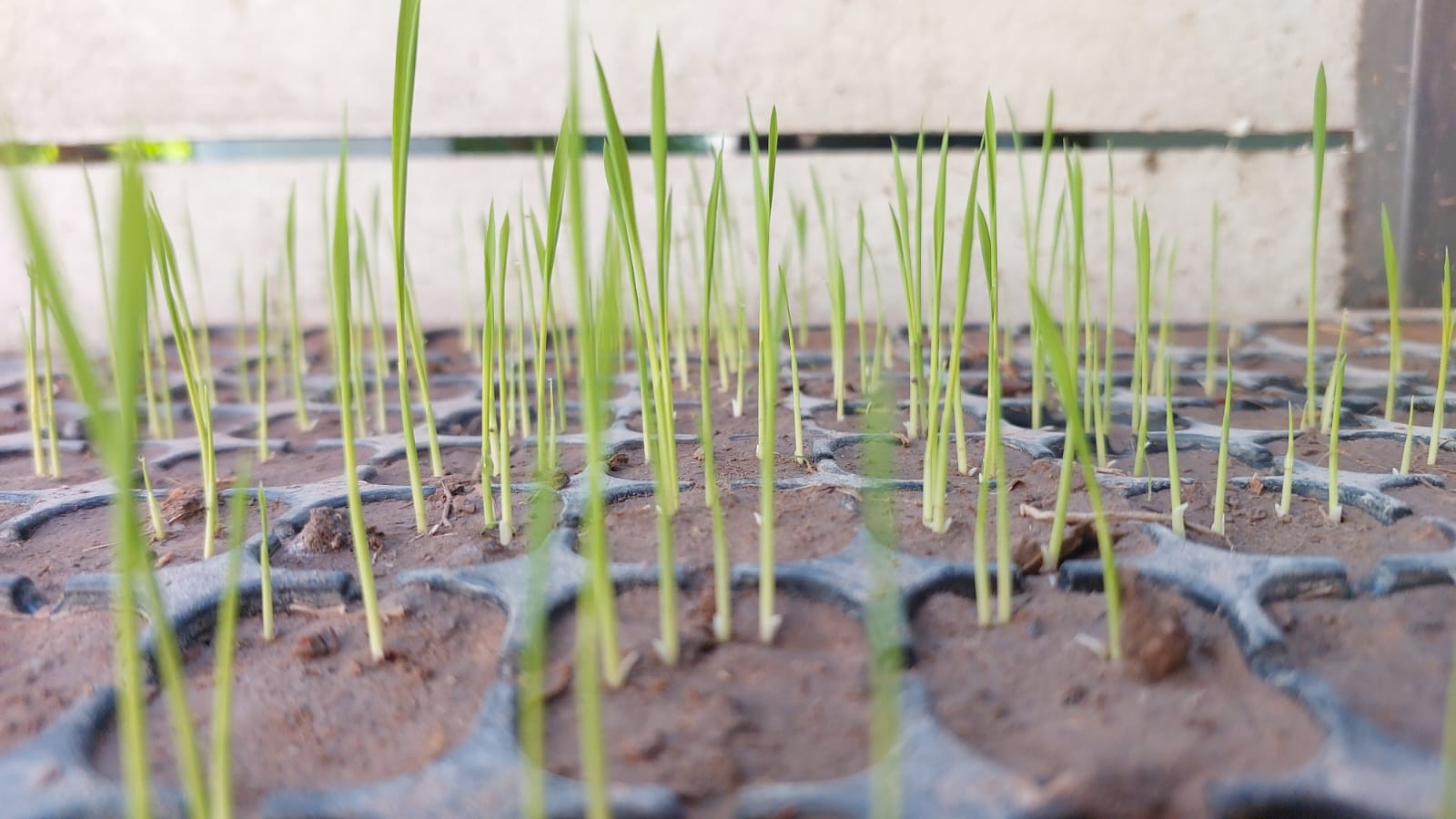BACKGROUND
Department of Development and Sustainability aims to respond to emerging challenges to sustainable development in Asia. Asia is changing rapidly economically, socially, politically as well as culturally. In order to effectively address emerging issues in the region, we need to have a critical and deep analysis of contexts under a multiplicity of identities – be it by gender, religion, ethnicity, class, age, geographical location, livelihood, nation, etc. The region urgently needs people who are able to organize a multi-disciplinary approach to problem-solving, with in-depth understanding and responsiveness to the various needs of local women and men. We strive to generate research and knowledge to meet these needs.
MISSION
The mission of the Department of Development and Sustainability are:
- To develop next-generation leaders able to address emerging and rapidly changing development needs involving various resources – be it natural, human, social, economical, and political, who are equipped with knowledge and attitudes that can contribute to problem-solving in practice.
- To serve the society by producing analysis and grounded knowledge that would contribute to improved practices for sustainable development.
OUR ACADEMIC PROGRAMS

Development and Sustainability Program (DS)

Disaster Preparedness Mitigation and Management (DPMM)

Gender and Development Studies (GDS)
Gender and Development Studies (GDS) develops scholars, analysts and practitioners who can integrate gender approaches in to development planning and management, and conduct original gender and development-related research for advancing development goals, including the Sustainable Development Goals, globally and in Asia.

Natural Resources Management (NRM)
Natural Resources Management (NRM) academic program is designed to train students in the fields of sustainable use and management of natural resources, community-based natural resources management, forest carbon accounting, biodiversity conservation, valuation of ecosystem services, economics of NRM, NRM and climate policy, technologies and sustainability, assessment of natural resources using conventional and modern temporal and geospatial technologies.

Development Planning Management and Innovation (DPMI)
Development Planning Management and Innovation (DPMI) academic program focuses on and the role of innovation and planning in sustainable development and how the areas of planning and innovation interplay, evolve and shape the economy and the environment in different regions and periods of time.

Urban Innovation and Sustainability (UIS)
Urban Innovation and Sustainability (UIS) program aims to enhance the capacity of professionals in coping with growing and complex urban needs, challenges and opportunities. Innovation refers to development of new technologies such that they denote physical objects (e.g. products, services) and knowledge systems (e.g. methods, systems), and sustainability transition aims to meet socio-ecological system needs in ways that promote healthy ecosystems, human well-being, and viable economies.

Society and Environmental Governance (SEG)
Society and Environmental Governance academic program prepares the professionals and future environmental leaders to better understand the complex and dynamic linkages between environmental resources and socio political human systems to reconcile the various perspectives for sustainable use of environmental resources through good governance by focusing on interdisciplinarity, cross sectoral, and multi stakeholder perspectives of resource use and environmental governance.
Download Brochure
DEGREES OFFERED IN EACH PROGRAM
- Master’s (2-year program, 1-year program)
- MPhil (2-year program)
- Ph. D (Minimum 3.5-year program)
- Flexible Degree Options (available for NRM, DPMI, DPMM,SEG Programs)
- Certificate (1-semester program)
CREDIT REQUIREMENT FOR DEGREE COMPLETION
For master program
(48 credits) with minimum 2.75 CGPA and successful completion of Thesis or Research Study. The strengths of the course structure is that it encourages cross-fertilization across academic programs as well as offer focused specialized courses in each academic program. Four-credits department-wide required course enables the students to acquire a wider overview of sustainable development issues and research methodology. At least 22 credits need to be taken from required and elective courses designed by the program.
For Doctoral program
(84 credits) with 12 credit coursework with minimum 3.25 CGPA and successful completion of the dissertation and minimum one publication in peer-reviewed international journal approved by Doctoral Program Review Committee (DPRC)
WHERE OUR GRADUATE FIND JOB?
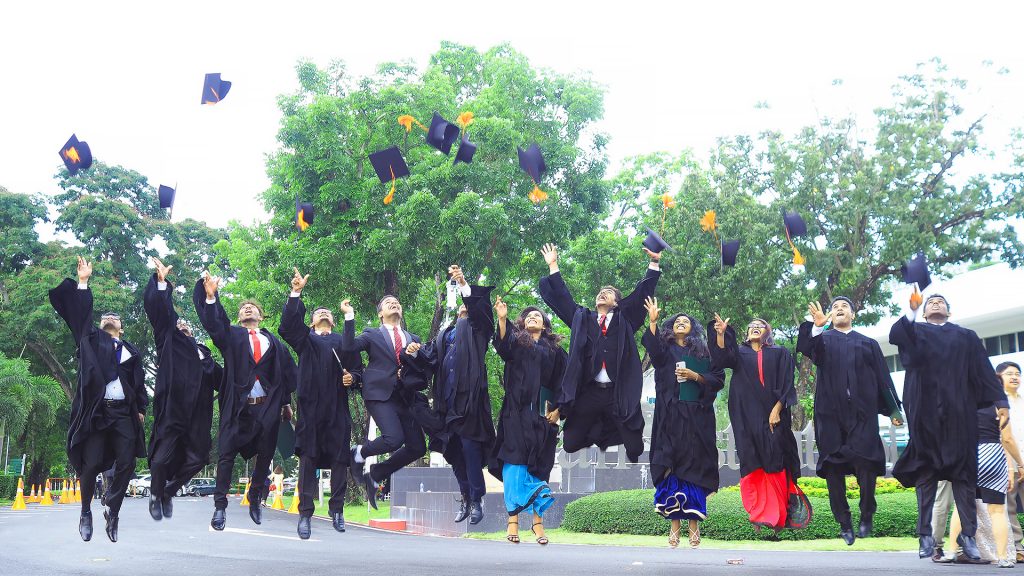
Our graduates are serving in key leadership positions regionally and globally in Governments, industries, and businesses, United Nations Organizations, Multilateral banks, renounced consulting firms, civil society, and NGOs. We prepare work-ready graduates familiar with problems and equipped with knowledge and tools to find solutions.
RESEARCH PROGRAMS
The Department has a very active research program that is done through student research as well as sponsored projects and individually by faculty members. The academic programs of the Department have a long history of grounded research contributing to development practices in the region. The current research program of the Department has several streams.
- The strengths of our research are on tackling problems that need regional approaches, combining and translating theories into practice: focusing on issues such as migration, food security, environmental degradation, urbanization, etc.
DEPARTMENT JOURNAL
Gender, Technology, and Development (GTD) is an international, multi-disciplinary, refereed journal serving as a forum for exploring the linkages among changing gender relations, technological change, and developing societies. The journal’s main focus is on the shifting boundaries and meanings of gender, technology, and development, addressing transnational phenomena and engaging in dialogues that cut across geographical boundaries. It is published by Sage Publication three times a year. GTD is indexed in the SCOPUS (83/115 in gender studies), the SCImago Journal Rank (0.155), and indexed in Emerging Sources Citation Index. The journal can be accessed here.
Research Area of Excellence

Gender and Sustainability
click here to learn more



